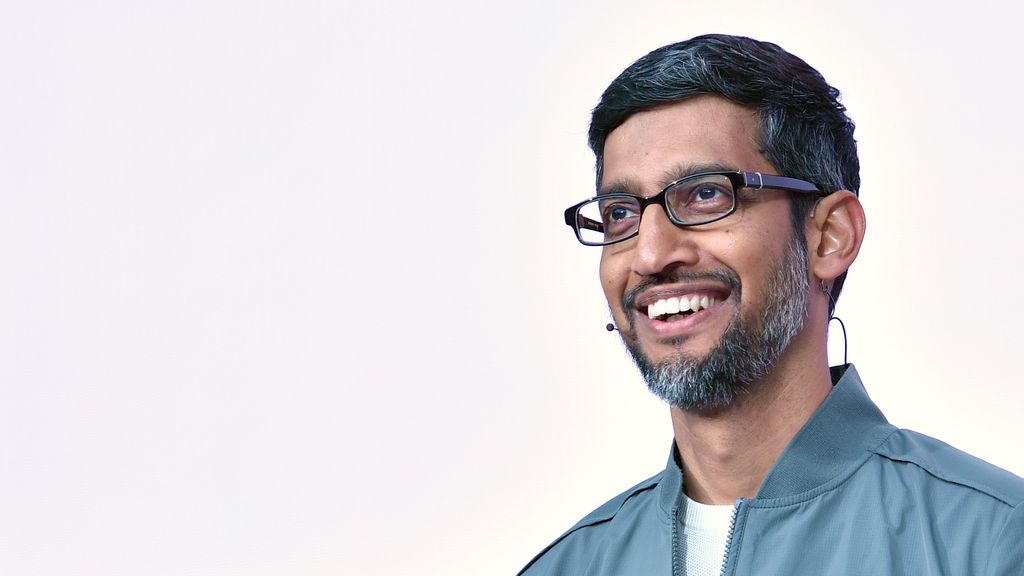The Artificial Intelligence is poised to be more “profound” than the invention of electrical power, the internet, and fire, according to Google Chief Executive Officer Sundar Pichai, who made the remarks to BBC media editor Amol Rajan in a podcast meeting that initially went live on Sunday.
“The progress in artificial intelligence, we are still in very early stages, but I viewed it as the most profound technology that humanity will ever develop and work on, and we have to make sure we do it in a way that we can harness it to society’s benefit,” Pichai said.
“But I expect it to play a foundational role pretty much across every aspect of our lives. You know, be it health care, be it education, be it how we manufacture things and how we consume information. And so I view it as a very profound enabling technology. You know, if you think about fire or electricity or the internet, it’s like that, but I think even more profound,” Pichai continued.
The odd component is that Pichai never in fact strictly defines artificial intelligence, a term that’s frequently over used when individuals never mind to nail down an interpretation.
Whether you agree with Pichai or not, it’s noticeable that he’s true concerning one point: Whatever happens with AI requires to be for society’s advantage. However again, Pichai never ever specifies what he’s talking about. Would the innovation of the atomic bomb be viewed as something for culture’s advantage? Individuals that serviced the Manhattan Project may have been morally clashed about it, but they justified their job by acknowledging what would take place if the Nazis constructed nuclear weapons first.
As the interview pivoted to the nationwide safety implications of AI– the stuff dystopian sci-fi is constructed from– Pichai remained confident that culture would utilize technology for good
“I definitely think there will be a competitive aspect to it. There’ll be national security aspects to it. And those are all important questions. But where I draw the parallel to climate changes is profound enough that you’re not going to reach safety on a unilateral basis because the world is connected,” Pichai said.
“And and so for you to truly solve for, you know, peaceful coexistence with AI, you would again need over time global frameworks and constructs. And everyone will get affected the same way, just like climate. And I think that’s what will draw people together,” Pichai continued.
“Nothing is a given. We have to get there, but I do think as the world becomes more prosperous, when there is economic growth, everyone wants the same thing at the end,” Pichai said. “To some extent, you know, people want to do well, they want peace. And so, you know, you build on those ideals and connect places together.”












